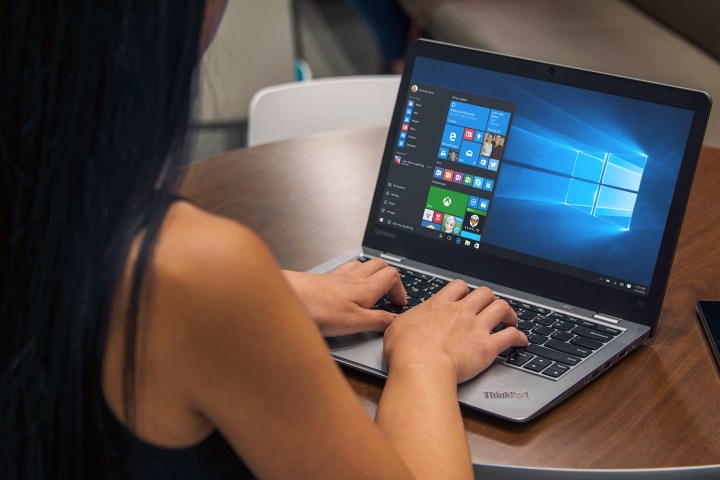
Build 15055 brings a welcome array of bug fixes, but little else. You won’t be finding any blockbuster new features here — no sweeping changes to Game Mode, no new and polarizing color changes for Cortana, just bug fixes.
But, if you’re one of the unlucky users currently afflicted by the bugs these fixes address, you’re probably in for a treat. This build patches a couple major bugs, including one which prevented users on the Fast Ring from rolling back to a previous (more stable) build.
Symantec/Norton antivirus software should no longer throw a 0x80070228 error when attempting to download the latest Insider builds, so long as your definitions are updated. Previously, Norton antivirus was preventing some users from grabbing the latest Fast Ring builds.
Further, Windows Insider build roll-backs should no longer fail at 71 percent, so if this build doesn’t work out for you, you can always hop back to a previous one without any issues.
That said, Build 15055 isn’t without its own set of bugs. Microsoft has flagged a number of known issues that you could encounter with this update. First among which, some apps and games will crash unexpectedly due to a misconfiguration of advertising ID, a problem inherited from the previous build.
So if you’re experiencing periodic app or game crashes, this build might not fix those issues for you. Additionally, there’s a particularly insidious bug in this build which prevents users from getting updates from the Windows Store properly. Don’t worry though, there’s a workaround — just uninstall the app and reinstall it, and it’ll grab the latest version from the Windows Store.
That’s about it, but for the full list of bug fixes and known issues, be sure to check out the Windows Blog.
Editors' Recommendations
- Scores of people are downgrading back to Windows 10
- Microsoft finally kills this legacy Windows app — for good this time
- The next big Windows 11 update has a new hardware requirement
- The most common Windows 11 problems and how to fix them
- Windows 11 tips and tricks: 8 hidden settings you need to try


